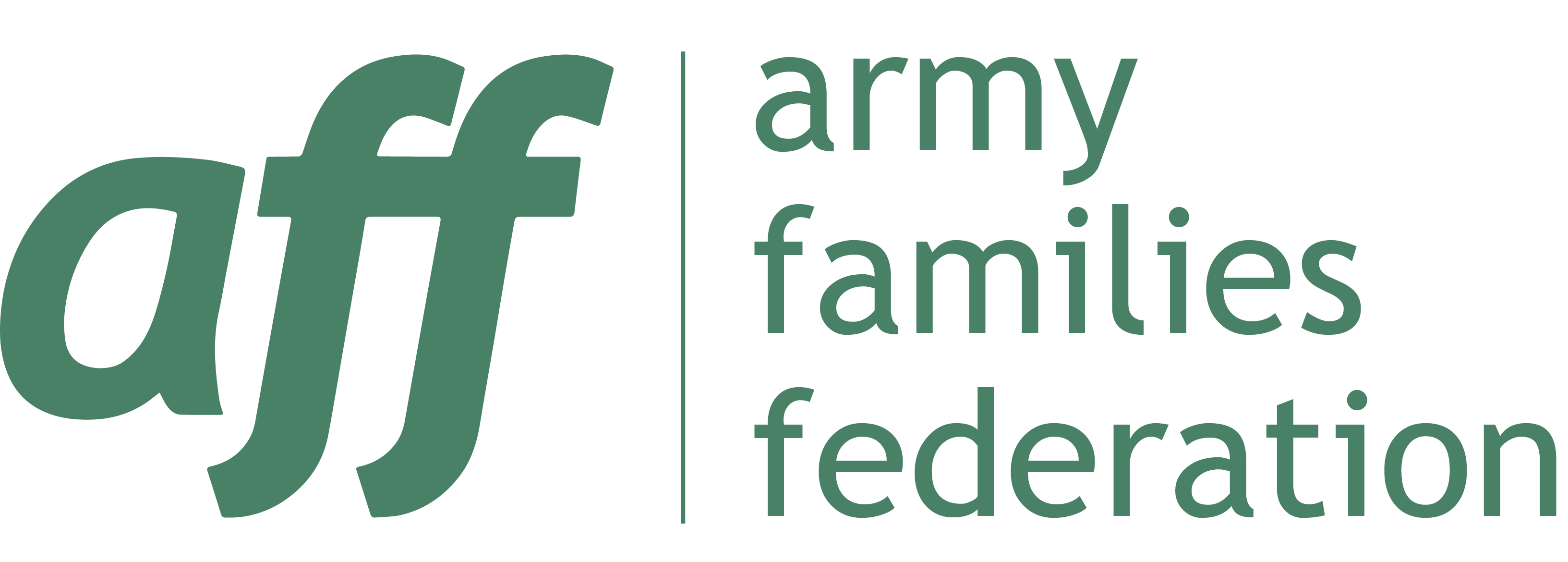AFF’s 2024 employment survey has revealed limited opportunities have a significant effect on Army spouses and partners who are on overseas postings and childcare is a major barrier to work for those in the UK.
The impact of Army life on work and family finances was revealed by nearly 700 partners and spouses who responded.
Overseas employment
More than 60 per cent of those living overseas were unemployed – most of them not through choice. In comparison, the figure for those based in the UK was 20 per cent. Of those who were employed overseas, 11 per cent were working from home. A lack of options meant having to take work that did not match their qualifications.
One said:
“The military must confirm guidelines for overseas and remote working. Many friends and Service personnel will no longer consider an overseas posting if a spouse cannot work (from home) to supplement the family income. It is no longer feasible to live/survive on one salary.”
Access to childcare
More than 80 per cent of respondents had children and their top three challenges to working were no family support available, the cost of childcare and a lack of appropriate childcare.
“It’s a vicious cycle of not being able to find work without childcare, but not affording childcare because we are not eligible for free hours without us both working, therefore not able to fully put children in care and able to work,” explained a parent.
While civilian families faced similar difficulties, Army families often couldn’t get onto childcare waiting lists in good time because of frequent moves. Childcare was generally the spouse’s responsibility, regardless of their employment status and there was a notable lack of understanding from the chain of command.
The MOD’s Wraparound Childcare Scheme had made a positive difference to many, but it is recognised that this is not a solution for all families.
Recommendations
AFF has produced a set of recommendations, which include:
- The requirement for a top-down shift in attitude from the chain of command to help personnel give better support to their spouse’s employment.
- Clear and accessible guidelines from the MOD and Army for families on employment overseas, as well as discussions between the Families Federations, Defence Management Relationship and employers to work out how barriers could be overcome.
- Support from the local chain of command to allow Service personnel to ask for some flexibility in their hours to help with school pick-up and drop-off when they are in barracks.
- Funding to support spouses’ employment training and extensions to postings so spouses can complete qualifications.
What’s next?
AFF is working with the chain of command and the MOD to ensure they understand the evidence and views from Army families.
For more information on the survey results, take a look at our report.

















